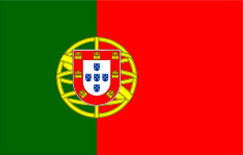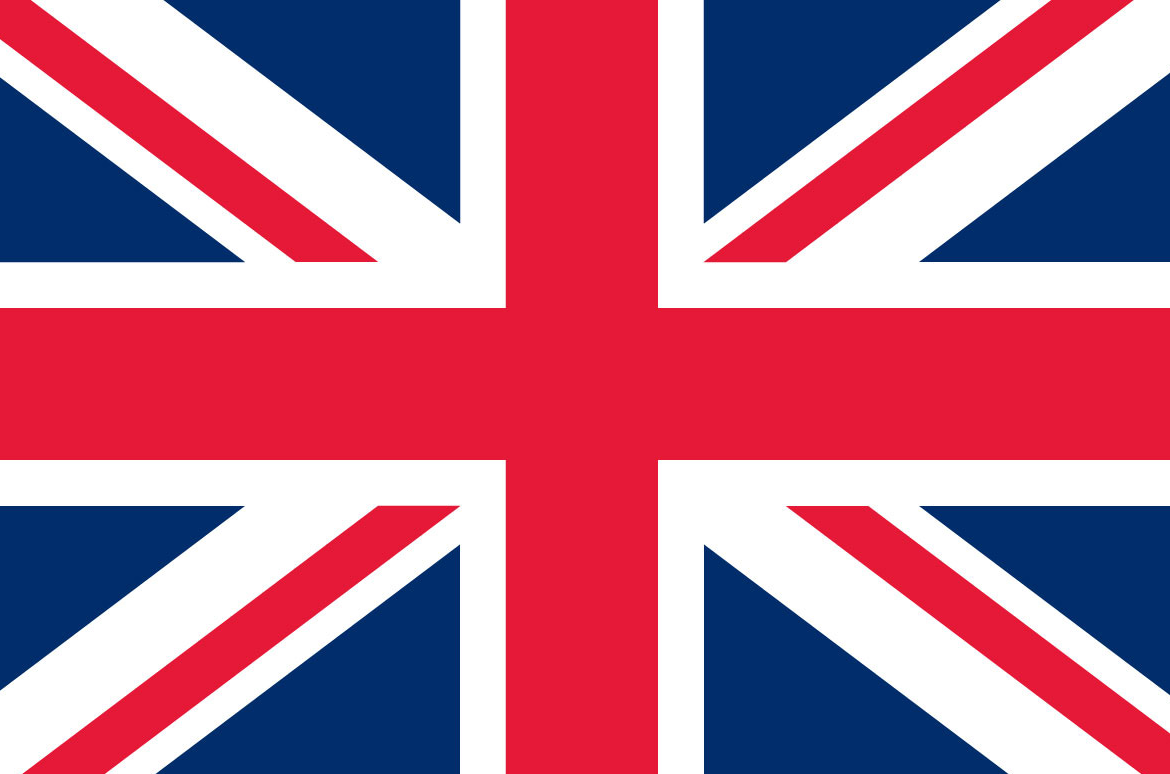Port State Control (PSC)
Port State Control (PSC)
Breadcrumbs
- Maritime Administration
- Port State
- Port State Control (PSC)
![]() Framework
Framework
Responsibility for monitoring the compliance of ships with international standards for safety, pollution prevention and shipboard living and working conditions, is primarily of the flag State. By relying, as required, on recognized organizations, the flag State fully guarantees the effectiveness of inspections and surveys carried out in the context of issuing relevant certificates. The ship's company has the responsibility for maintaining the condition of the ship and its equipment after the conducting of surveys to meet the requirements of conventions applicable to the ship.
However, it appears that a certain number of flag States seriously neglect the application and compliance with international standards. Consequently, as a second line of defence against ships that do not comply with international standards, a need has arisen to a further level of control of compliance with international safety standards, pollution prevention and living and working conditions on board ships, which is ensured, as provided for in international instruments, by the port State. It should be clarified that port State inspections do not, at any time, replace flag State responsibilities.
The Port State Control (PSC) concept was introduced by the International Maritime Organization (IMO) through its International Convention on Standards of Training, Certification and Watchkeeping for Seafarers, 1978 (STCW Convention). Article X requires Parties to the STCW Convention to apply the STCW requirements to all ships calling at their ports so that there is no competitive disadvantage for ships flying the flag of States which aren’t party to the Convention.
This principle currently supports many of IMO regulations, and PSC has become an essential element of international compliance with regulatory standards.
Recognizing that a harmonized approach in the implementation, by the Member States of European Union, of port State inspections of ships calling at their ports will avoid distortions of competition and that the existence of an European Union legal framework harmonizing the procedures for such inspections is fundamental to ensure the uniform application of navigation safety and pollution prevention principles which are at the heart of European Union transport and environmental policies, the Council adopted on 19th of June 1995 Directive 95/21/EC on appliance of international standards for ship safety, pollution prevention and shipboard living and working conditions to ships calling at Community ports or sailing in waters under the jurisdiction of Member States (inspection by the Port State).
Subsequently, Directive 95/21/EC has been amended several times, the latter being adopted through Directive 2009/16/EC of the European Parliament and of the Council of 23rd of April 2009 on the inspection of ships by the port State. This last amendment aims to:
- Reformulating Directive 95/21/EC, considering that it had already been subject to numerous amendments which made it particularly complex, this recast making the provisions of this Directive more clear and readable
- Strengthen the port State inspections regime and increase its effectiveness.
Directive 2009/16/EC, which was transposed into national legal system by Decree-Law No. 61/2012 (1) of 14th March, brought about a deep reform of the previous inspections system by replacing the minimum quantitative limit of 25% of vessels annually inspected by Member State, for a common purpose: the inspection of all ships calling at European Union ports. This increased the inspection frequency of ships with a high risk profile, which are now inspected every six months, and reduced the number of inspections of quality vessels with a low risk profile. These changes are also designed to establish fairer competition conditions for maritime transport operators by reducing unfair competition from substandard vessels, which will be the subject of stricter penalties, and by granting the operators of quality vessels the benefit of less rigorous inspections.
With the adoption of the 2006 Maritime Labour Convention (MLC 2006) by the General Conference of the International Labour Organization (ILO) on 23rd February 2006, new responsibilities arise for Port State Control concerning the carrying out of inspections on any ship flying the flag of another State which, in its normal course of activity, is calling at a national port or anchorage.
Port State inspections will have to verify the compliance with the mandatory provisions of MLC 2006 if the ship´s flag State has ratified the Convention or, if it has not done so, it must ensure that the treatment given to such ships and its crews is not more favourable than that reserved for ships flying the flag of a State which is part of the MLC 2006, the ship being subject to a more detailed inspection.
In order to incorporate these new inspection responsibilities into European law, the European Parliament and the Council adopted on 12th of August 2013, Directive 2013/38/EU, amending Directive 2009/16/EC, which was transposed into national law by Decree-Law n. º 27/2015, of February 6th.
(1) Repeals Decree-Laws No. 195/98, of 10th July; No. 156/2000, of 22nd July; No. 284/2003, of 8th November; and No. 58/2007 of 13th of March.



